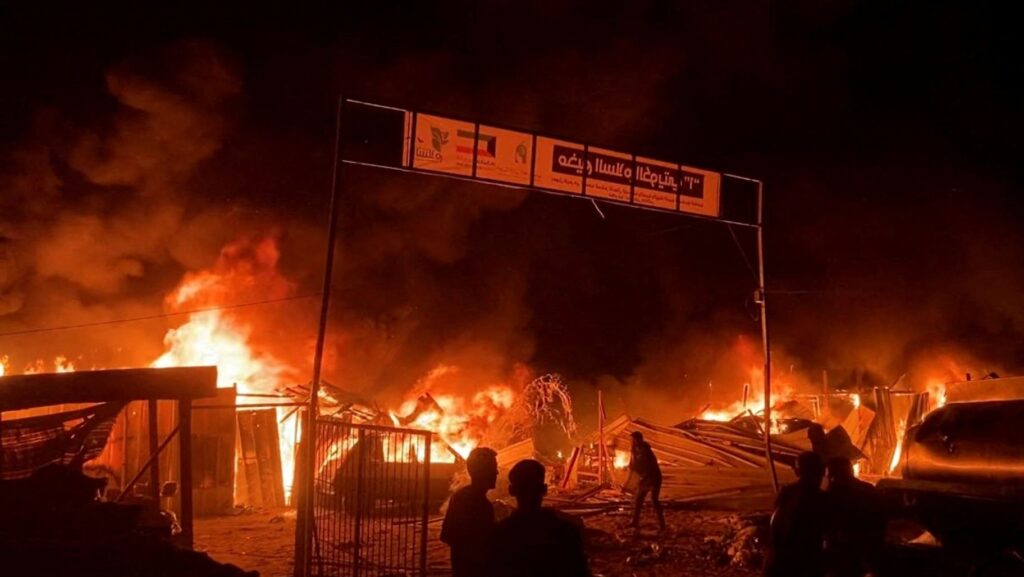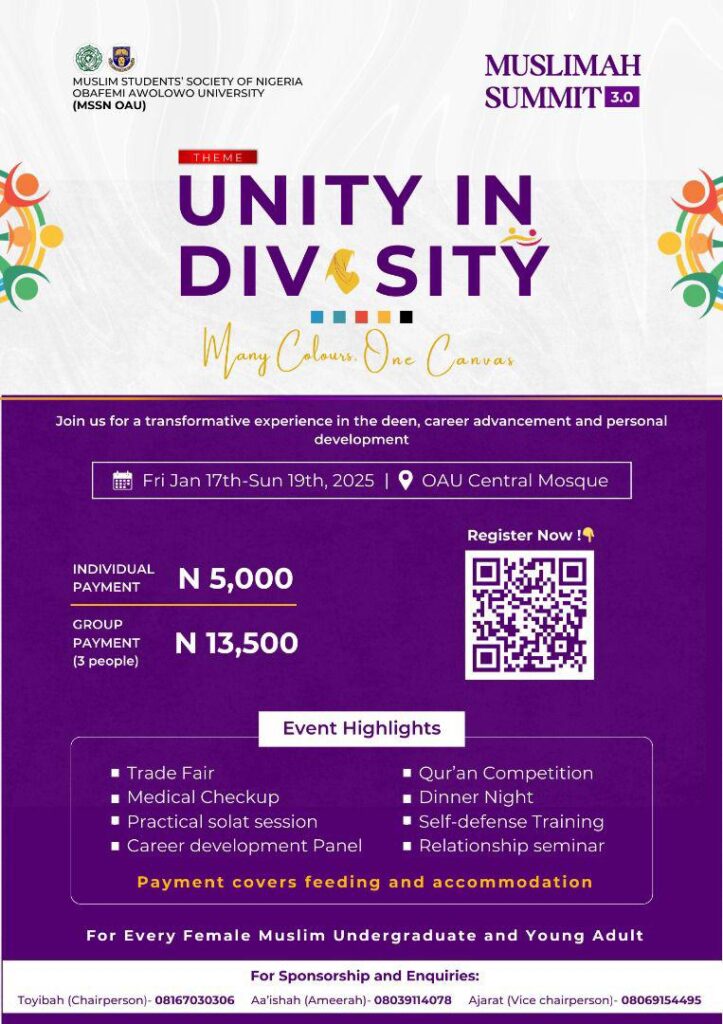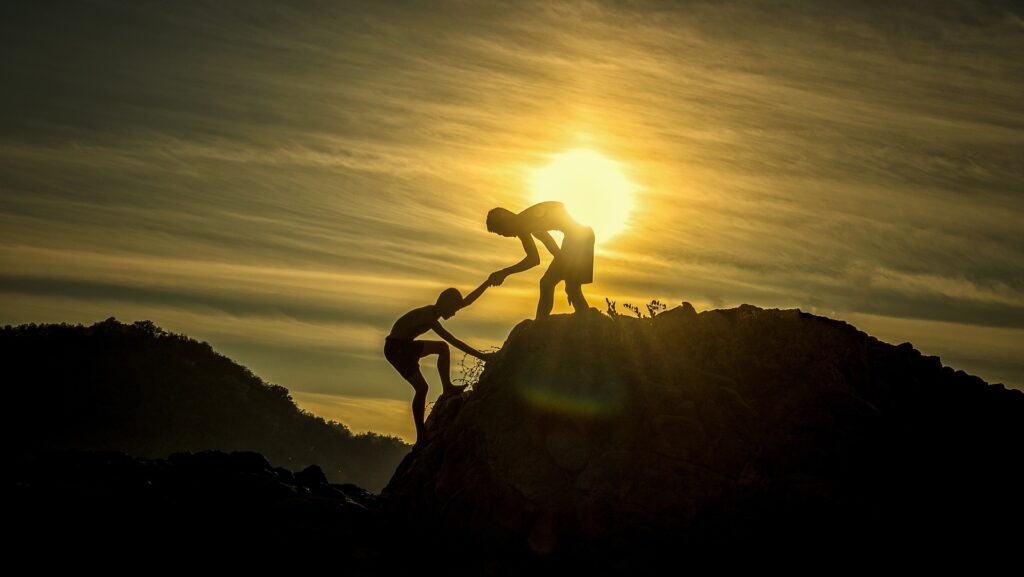By: Azeez Abdulrahman Adewale (Borguh)
International Response and Activism
Role of International Community: UN and Human Rights Organizations
The international community has played a significant role in addressing the Israeli-Palestinian conflict, albeit with varying degrees of success and impact. The United Nations (UN) has been at the forefront, passing numerous resolutions aimed at resolving the conflict and addressing humanitarian concerns. The most notable is UN Resolution 242, adopted after the 1967 Six-Day War, which called for the withdrawal of Israeli forces from occupied territories and the right of all states in the region to live in peace . Despite these resolutions, enforcement has been weak, and Israel’s continued occupation and settlement expansion have undermined efforts for peace.
Human rights organizations such as Human Rights Watch (HRW) and Amnesty International have documented and condemned abuses on both sides, particularly focusing on the impacts of Israeli policies on Palestinians. Reports like HRW’s “Second Class: Discrimination Against Palestinian Arab Children in Israel’s Schools” and “Off the Record: Land and Housing Rights Violations in Israel” highlight systemic discrimination and human rights violations. These organizations play a crucial role in raising awareness and advocating for the rights of Palestinians, though their influence is often limited by geopolitical interests and the complexities of international diplomacy.
Boycott, Divestment, Sanctions (BDS) Movement
The Boycott, Divestment, Sanctions (BDS) movement is a global campaign aimed at exerting economic and political pressure on Israel to comply with international law and Palestinian rights. Inspired by the South African anti-apartheid movement, BDS calls for the end of Israeli occupation, the dismantling of the separation barrier, full equality for Arab-Palestinian citizens of Israel, and the right of return for Palestinian refugees. The movement has gained significant traction worldwide, with numerous universities, churches, and corporations divesting from companies involved in the occupation.
Critics of BDS argue that it is anti-Semitic and seeks to delegitimize Israel. However, proponents assert that it is a non-violent means of advocating for human rights and justice, akin to historical boycotts used to combat injustice. The movement’s impact is seen in the growing international awareness and pressure on Israel to change its policies.
Importance of Activism and Solidarity
Activism and solidarity are vital in the struggle for Palestinian rights. Grassroots movements and international solidarity efforts play a crucial role in raising awareness, influencing public opinion, and pressuring governments and institutions to take action. Activism has led to significant victories, such as successful divestment campaigns and increased media coverage of Palestinian issues . Solidarity from diverse groups, including faith-based organizations, labor unions, and student groups, amplifies the call for justice and human rights.
Sponsored Ad

US Student Activism Against Global Oppression
The role of student activism in combating global oppression has a rich history, particularly in the United States. During the Vietnam War, student protests played a pivotal role in mobilizing public opinion against the war, contributing to its eventual end. Similarly, during the apartheid era in South Africa, US students were at the forefront of the anti-apartheid movement, organizing divestment campaigns and raising awareness about the injustices faced by Black South Africans .
This legacy of student activism continues in the context of the Israeli-Palestinian conflict. On campuses across the US, student groups are actively engaged in promoting Palestinian rights, organizing events, and participating in BDS campaigns. These efforts are crucial in keeping the issue in the public eye and pressuring institutions to take a stand against the occupation and for Palestinian rights.
The international response to the Palestinian struggle is multifaceted, involving diplomatic efforts, human rights advocacy, and grassroots activism. While the UN and human rights organizations play essential roles in documenting abuses and advocating for justice, the BDS movement and grassroots activism are instrumental in applying pressure on Israel to change its policies. The legacy of student activism against global oppression underscores the power of collective action and solidarity in the fight for justice. For Muslims, understanding and participating in these efforts is crucial in supporting the Palestinian cause and working towards a just and lasting resolution to the conflict.
Conclusion and Recommendations
Key Points
The Palestinian struggle is a deeply entrenched conflict with historical, political, social, and humanitarian dimensions. The historical context reveals how the roots of the issue lie in early 20th-century Zionism and the subsequent conflicts, particularly the 1948 Nakba and the 1967 Six-Day War. Politically, the Israeli-Palestinian peace process, despite milestones like the Oslo Accords and the Camp David Summit, remains fraught with challenges, exacerbated by internal Palestinian divisions and the complexities of international diplomacy. Social and economic struggles, including severe movement restrictions, economic hardships, and systemic discrimination, further illustrate the daily adversities faced by Palestinians. Humanitarian issues, including the refugee crisis, impacts of settlements, and frequent conflicts, highlight the severe human cost of this enduring conflict. The international response, marked by efforts from the UN, human rights organizations, and grassroots activism, underscores the global dimension of the Palestinian struggle.
Call to Action for a Just and Peaceful Resolution
To achieve a just and peaceful resolution, it is imperative for the international community, including Muslim students and advocates, to continue their efforts in raising awareness, supporting human rights initiatives, and advocating for equitable policies. This involves supporting movements like BDS, engaging in informed discussions, and pressuring governments and institutions to hold Israel accountable for violations of international law. It also means fostering solidarity with Palestinians and understanding their narratives and aspirations.
Addressing Popular Misconceptions and Fallacies
A significant part of the advocacy involves addressing and rebutting common misconceptions and fallacies. One such misconception is the notion that Palestinians have no legitimate claim to their land due to the passage of time. However, this argument ignores the continuous presence of Palestinians in the region for centuries and their right to return to their ancestral homes. Another fallacy is the belief that neighboring Arab countries should absorb Palestinian refugees, overlooking the Palestinians’ right to return and their unique national identity.
Highlighting Cultural Assimilation, Settler Colonialism, and Apartheid
Understanding the Palestinian struggle also requires recognizing the broader contexts of cultural assimilation, settler colonialism, and apartheid. The policies and practices of the Israeli government towards Palestinians exhibit characteristics of settler colonialism, where the aim is to replace the indigenous population with a new society of settlers. This involves not just physical displacement but also the erasure of Palestinian culture and history. The term apartheid, often used to describe the systemic segregation and discrimination faced by Palestinians, highlights the severe and institutionalized nature of these policies.
Final Thoughts
Engaging with the Palestinian struggle is both a moral and religious imperative for us as Muslims. Islam emphasizes justice, compassion, and solidarity with the oppressed. Supporting the Palestinian cause aligns with these principles and contributes to the global effort towards achieving justice and peace. By staying informed, participating in advocacy, and challenging misconceptions, we can help pave the way for a future where Palestinians can live with dignity, freedom, and security.
The journey towards a just and peaceful resolution is long and arduous, but with collective effort and unwavering commitment, we can make a significant impact. Let us continue to stand in solidarity with our Palestinian brothers and sisters, striving for a world where justice and peace prevail.
References
(1) Herzl, T. (1896). The Jewish State. Herzl Press.
(2) Pappe, I. (2006). The Ethnic Cleansing of Palestine. Oneworld Publications.
(3) United Nations General Assembly. (1947). Resolution 181: Partition Plan for Palestine.
(4) R. Khalidi, “The Iron Cage: The Story of the Palestinian Struggle for Statehood,” Beacon Press, 2006.
(5) The 1967 Six-Day War | Wilson Center
Glossary
Reading
- Simons – Historical Review of Proposals to Transfer Arabs from Palestine (2004)
- Rabinowitz & AbuBaker – Coffins on Our Shoulders (2005)
- Morris – The Birth of the Palestinian Refugee Problem Revisited (2004)
- HRW – Second Class_Discrimination Against Palestinian Arab Children in Israel’s Schools
- HRW – Off the Record_Land and Housing Rights Violations in Israel (2008)
- HRW – Promoting Impunity_The Israeli Military’s Failure to Investigate Wrongdoing (2005)
- Edward Said – The Politics of Dispossession_ The Struggle for Palestinian Self-Determination, 1969-1994-Vintage (2012)
- Pappe – The Ethnic Cleansing of Palestine
- Edward W. Said – The Question of Palestine-Vintage (1980)
- Gaza in Crisis Reflections on Israel’s War Against the Palestinians
- State of Terror: How Terrorism Created Modern Israel
- Di Mauro – The UN and the Arab-Israeli Conflict; American Hegemony and UN Intervention since 1947 (2012)
Timeline of Key Events
– 1948: Establishment of Israel and the Nakba, leading to the displacement of over 700,000 Palestinians.
– 1967: Six-Day War, resulting in Israeli occupation of the West Bank, Gaza Strip, and East Jerusalem.
– 1993: Oslo Accords, initiating the peace process and the establishment of the Palestinian Authority.
– 2000: Camp David Summit fails, leading to the Second Intifada.
– 2006: Hamas wins parliamentary elections, leading to a violent split with Fatah and the division of governance between Gaza and the West Bank.
– 2008-2009, 2012, 2014: Major conflicts between Israel and Hamas in Gaza, resulting in significant casualties and destruction.
– 2021: Renewed violence in Gaza and Jerusalem, highlighting the ongoing volatility of the conflict.
Types of Palestinians: Israeli Citizens, West Bank, Gaza, Area ABC
The Palestinian population is divided into several categories based on their geographic location and legal status.
– Israeli Citizens: Some Palestinians are Israeli citizens, primarily those who remained within the borders of Israel after 1948. They face systemic discrimination in various aspects of life, including land ownership, education, and employment, as documented by Human Rights Watch in reports on discrimination against Palestinian Arab children in Israeli schools .
– West Bank: Palestinians in the West Bank live under varying degrees of Israeli control, depending on the area classification (A, B, or C). Area A is under Palestinian Authority control, Area B is under joint control, and Area C is under full Israeli control. This fragmentation complicates governance and development efforts.
– Gaza: The residents of Gaza live under a blockade, facing severe restrictions on movement and access to basic necessities. The economic and humanitarian situation in Gaza is dire, with frequent conflicts further devastating the area.
– Area ABC: The division of the West Bank into Areas A, B, and C under the Oslo Accords has led to a fragmented and inconsistent governance structure, complicating efforts to establish a cohesive Palestinian state. Understanding these social and economic struggles is crucial for recognizing the depth of the Palestinian plight. The daily challenges faced by Palestinians—from movement restrictions and economic hardships to social and family disruptions—highlight the urgent need for a just resolution to the conflict.
To read Episode 1, Click Here
To read Episode 2, Click Here




